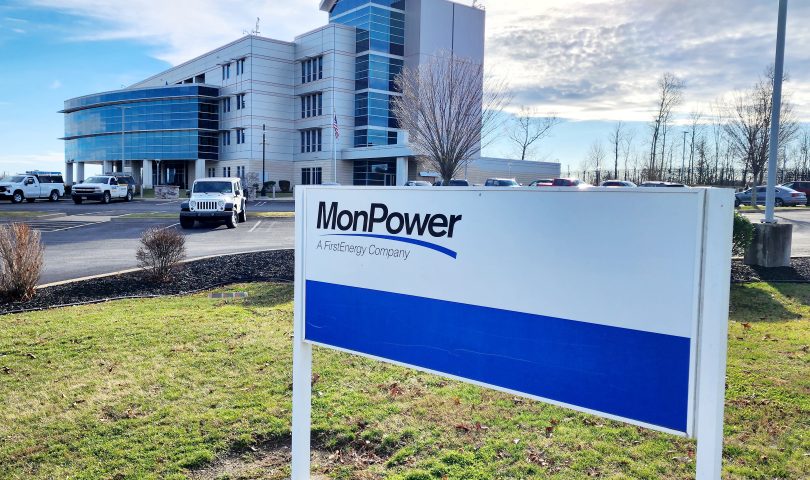MORGANTOWN – A Public Service Commission ruling on Mon Power’s and Potomac Edison’s latest rate hike request is still a ways off – March 26, 2024, is the expected date – but the case is slowly unfolding.
On Monday, company officials explained some of the reasoning behind the request in testimony to the PSC.
The companies are seeking a $207 million base rate increase – $207,452,687 to be exact. They say it would add $18.07 to the monthly bill of an average residential customer using 1,000 kilowatt hours (kWh), raising it from $120.20 to $138.27 – a 15% increase.
The companies are FirstEnergy sisters, and Raymond Valdez, FirstEnergy’s director of Rates and Regulatory Affairs for West Virginia and Maryland, summarized the issues in Monday’s testimony.
He reminded the PSC that the companies’ last base rate hike request came in April 2014 and took effect in February 2015.
“In general, the companies are seeking an increase in rates because its revenues are not sufficient to cover the cost of service, including a reasonable return to investors,” he said. The requested rate of return is 7.482%.
Along with maintaining a profit for investors, several other issues factor in, he said.
One is a planned Energy Assistance Outreach Team, he said, “to increase awareness, education and participation in energy assistance programs that are available to low-income residential customers. … On a broad level, the team will assist low-income residential customers with learning about and applying for assistance programs that will help with their utility costs.”
The estimated cost for this team is $216,609, largely to cover two staffers, materials and travel expenses, Valdez said. The impact on a monthly residential bill would be 4 cents. “This small impact on residential customer bills will help the affordability of electric service for the companies’ low-income customers.”
Next is a proposed new Infrastructure Investment Program. “The IIP will foster projects that will primarily address reliability concerns in rural communities and will involve project types such as circuit ties, feeder splits, line relocation, sub-transmission/transmission reinforcement, and circuit protection upgrades.”
The average residential bill impact would be 1 cent per month, according to Heather Ward, FirstEnergy analyst for Rates and Regulatory Affairs.
An additional factor is air pollution rule compliance, costing the companies $130 million in capital purchases, Valdez said. The costs are currently included in the companies’ ENEC – expended net energy costs – case and would be shifted into the base rate.
Valdez told the PSC that the companies’ rates are currently the lowest among the state’s investor-owned electric utilities and would remain so after the proposed hike. Their 12 cent per kWh rate is lower than the national average of 15.85 cents. And their $120 residential bill is lower than Appalachian Power’s and Wheeling Power’s $162 and the national average of $141.
At the proposed $138 per month, he said, it still remains lower; the same for the proposed 13.8 cents per kWh.
Valdez said, “The companies must attract capital at rates to remain financially strong companies that can continue to invest in its electric system. By authorizing the companies to earn a fair rate of return, the commission will allow the companies to maintain the stability and profitability needed to attract investors and capital at cost-effective rates. As a result, the companies will then be well-positioned to continue their capital expenditures program, which will allow them to continue to meet their customers’ and this commission’s expectations for safe and reliable service.”
The two companies serve about 550,000 customers in West Virginia and Maryland.
Last year, they filed for an ENEC rate hike that would have raised the average residential bill from $115.05 to $126.10. But after negotiations among the various stakeholders the PSC approved a hike to $120.58.
The total ENEC request was $183.8 million; the PSC approved half of that, $91.9 million, with the remaining $91.9 million deferred and carried over to the companies’ 2023 ENEC proceeding.
Tweet David Beard @dbeardtdp Email dbeard@dominionpost.com




